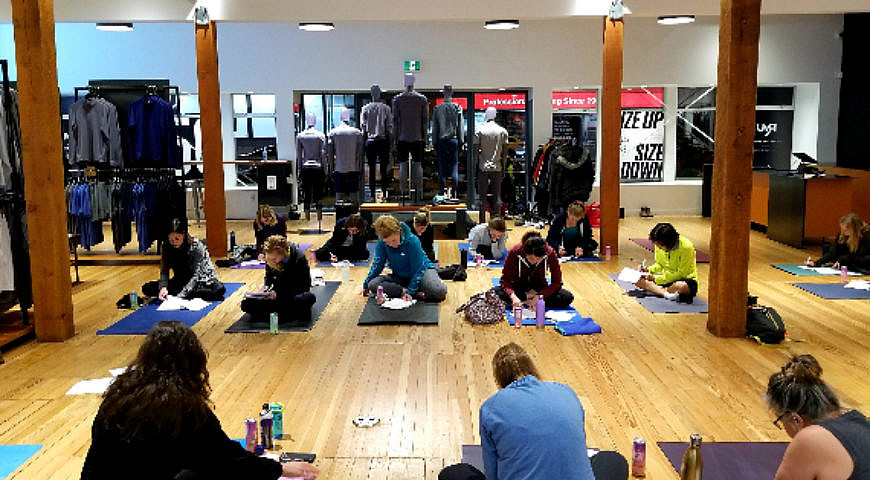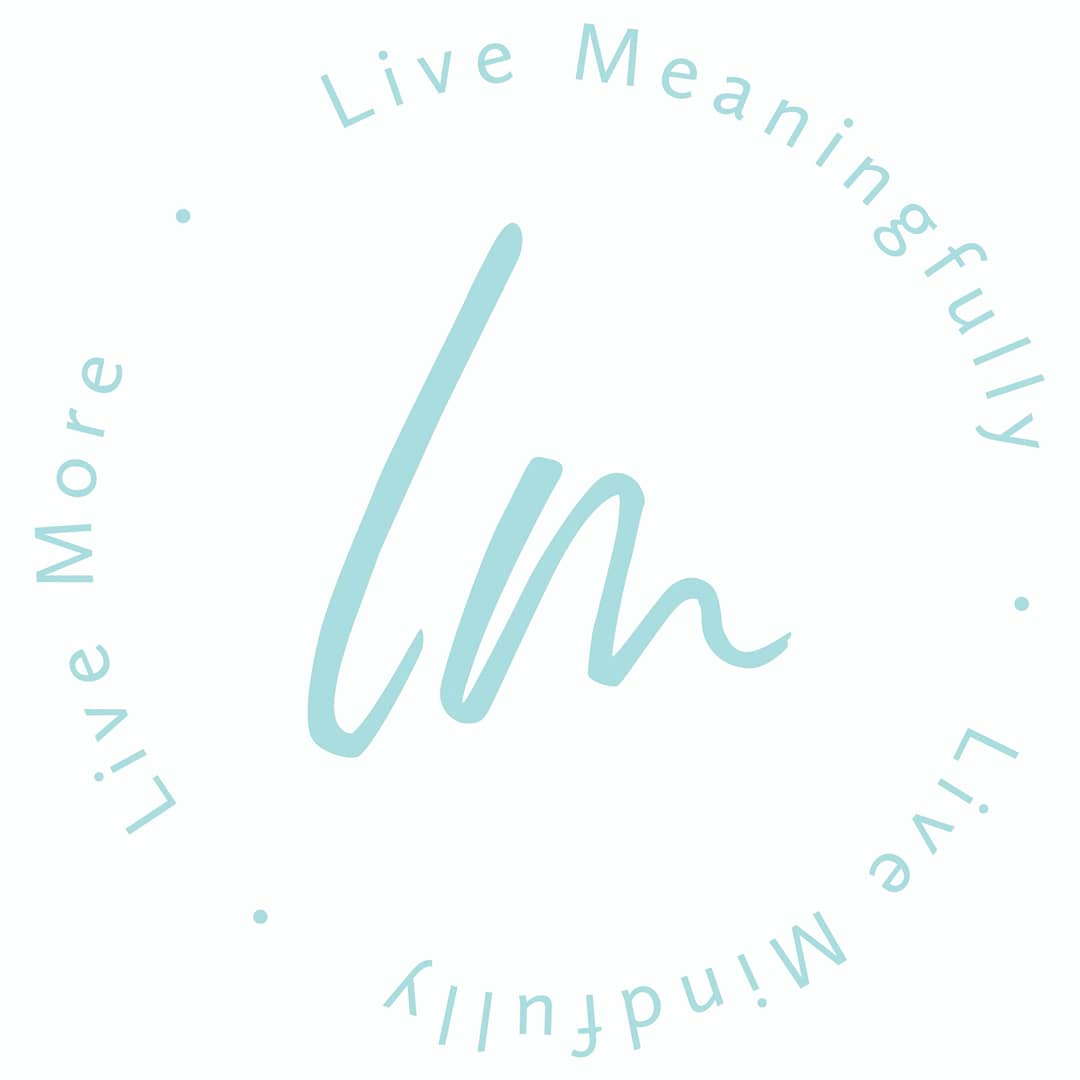
Intentional Goal Setting
Intentional Goal Setting
We recently had the pleasure of hosting an Evening of Yoga and Intentional Goal Setting at RYU in Vancouver with Renew Retreats.
The evening began with a 1-hour yoga practice guided by our co-founder, Melanie Yip, where our guests first built a stable foundation and ignited their personal power and self will. Afterwards, we had short break and enjoyed refreshments provided by Bucha Brew and Conscious Cookie, followed by a 45-minute workshop on intentional goal setting led by Danielle Leroux, founder of Renew Retreats.
 So, what is “intentional goal setting”? Many of us have set goals in our lives for the sake of achieving them without giving much thought as to why we set the goal in the first place. If it is something we are truly excited about, we feel fulfilled when we accomplish it. Other times, we are left asking ourselves why we even did this or perhaps even veered off the path before getting to our ultimate destination.
So, what is “intentional goal setting”? Many of us have set goals in our lives for the sake of achieving them without giving much thought as to why we set the goal in the first place. If it is something we are truly excited about, we feel fulfilled when we accomplish it. Other times, we are left asking ourselves why we even did this or perhaps even veered off the path before getting to our ultimate destination.
This is where intentional goal setting comes in. Intentional goal setting:
- Aligns our goal with our beliefs and values.
- Asks us why we want to achieve this goal and how it will make us feel.
- Clearly defines our goal.
- Gives us an actionable plan that breaks down the steps needed to reach our goal.
- Keeps us accountable.
Aligning our goals with our beliefs and values. This is important because we want to set goals that are meaningful to us, that will challenge and excite us along the way and make us feel fulfilled once we achieve them. It requires us to slow down, think about what is important and guide us in living with more purpose.
Why do we want to achieve this goal and how will it make us feel? Nowadays, we spend most of our time on autopilot and often forget to think about why we are doing something or how it makes us feel. In this step we write down why we want to achieve a goal and how it will make us feel. The “why” ensures the purpose of our goal aligns with our beliefs and values. The feeling we will have once it is achieved will remind us why we set this goal in the first place and keep us motivated to stay on track.
 Clearly defining our goals. A clearly defined goal allows us to create an action plan, deadlines and a way to measure our progress. Vague goals don’t. An example of a vague goal would be: “I want to travel more.” Whereas a well-defined goal would be: “I want to travel to two new countries each year.” The vague goal is difficult to measure and know if it has been achieved whereas the well-defined one can be easily measured.
Clearly defining our goals. A clearly defined goal allows us to create an action plan, deadlines and a way to measure our progress. Vague goals don’t. An example of a vague goal would be: “I want to travel more.” Whereas a well-defined goal would be: “I want to travel to two new countries each year.” The vague goal is difficult to measure and know if it has been achieved whereas the well-defined one can be easily measured.
Action plan. Now that a goal has been clearly defined, it is important to formulate an actionable plan, or, the steps needed to achieve this goal. These steps can be thought of as mini goals that march us towards achieving our ultimate goal. Mini goals are smaller, more achievable and will keep us focused and motivated. Depending on how big our end goal is, we may have to break down our mini goals further.
Accountability. Accountability makes us responsible for our actions or inaction. It measures our progress, keeps us on track and helps us stay motivated. When we fall behind it focuses us. When something isn’t working, it forces us to find a different way. It ensures we are continually moving towards our end goal.
January is a great time to set intentional goals for the year ahead. To help you get started, you can download a copy of the intentional goal setting workbook created for our evening here.
Melanie Yip
Co-Founder, Movement Travel
